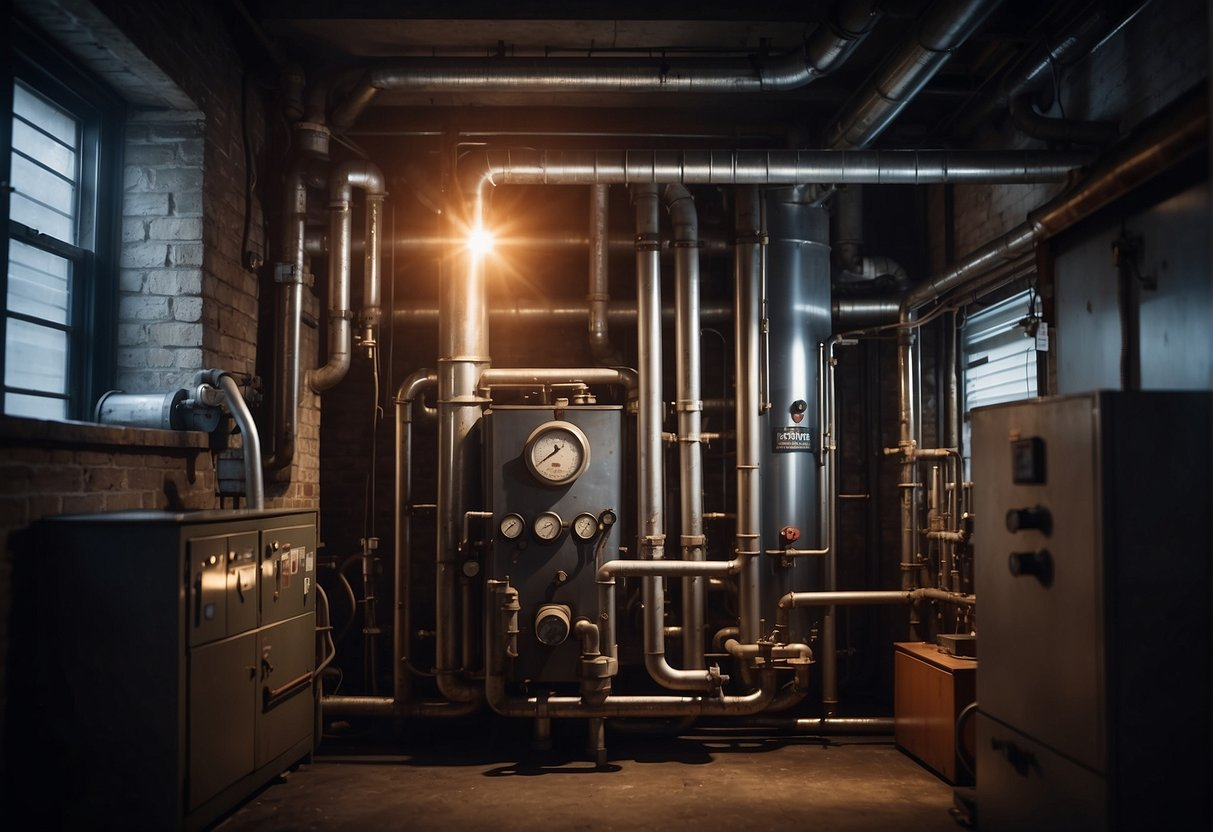When it comes to maintaining a safe and comfortable home, the state of a boiler is of paramount importance. Boilers are integral to most residential heating systems, providing hot water and warmth during cold seasons. As with any complex machinery, regular inspections are crucial to ensure a boiler’s efficient and safe operation. Without periodic check-ups, homeowners may face not just loss of heat but also serious safety risks, including carbon monoxide leaks or even boiler explosions.
The need for boiler inspection often hinges on several factors, including the boiler’s age, model, usage patterns, and local regulations. Typically, manufacturers recommend annual inspections to catch any potential issues before they escalate into costly repairs or dangerous conditions. Moreover, routine inspections can extend the boiler’s lifespan, helping households avoid the financial burden of premature replacement.
Choosing to have a boiler inspected is a form of preventative maintenance that can save money and hassle in the long run. Professional inspectors evaluate a boiler’s condition, checking for signs of wear, corrosion, and other issues that may impede performance or safety. Through this process, they can provide invaluable peace of mind to homeowners, knowing that their heating system will not fail them in the depths of winter or jeopardize their family’s safety.
Boiler Inspection Requirements
Boiler inspections are vital for ensuring the safety and efficiency of the heating system, whether in a residential home or a commercial building.
Residential vs Commercial
Residential boiler inspections tend to be less rigorous than those for commercial boilers. Homeowners should have their boiler checked at least once a year by a qualified technician to keep it running safely and efficiently. Commercial boilers, given their size and complexity, entail a more comprehensive inspection process. In many regions, commercial establishments are required to adhere to stricter standards and inspection protocols due to the higher risk associated with these systems.
Frequency and Regulations
Residential Inspection:
- Frequency: Annual inspections recommended
- Regulations: Vary by state and local jurisdictions; not as stringent as commercial
Commercial Inspection:
- Frequency: At least once a year; more often for high-pressure boilers
- Regulations: Stricter standards, often mandated by state or local laws
For example, commercial boiler inspections in NYC:
- Regulation Body: New York City Department of Buildings
- Inspection Interval: Once a year for all boilers
- Certificate of Operation: Required post-inspection for boiler operation
In sum, while regulations can vary, the importance of regular boiler inspections across both residential and commercial settings cannot be understated. It is crucial for safety, legal compliance, and system longevity.
Inspection Process and Checklist
Boiler inspections are essential for ensuring the safety and efficiency of a heating system, particularly in areas with stringent regulations like New York City.
Pre-Inspection Preparation
For commercial boiler inspections in NYC, it is crucial for the owner or facility manager to ensure that the boiler is accessible and that all records of maintenance and previous inspections are available. Adequate lighting and shut-off capability must be established to allow the inspector to perform a thorough review.
Inspection Steps
- Visual Examination: Inspectors start with an external look-over. They check for leaks, corrosion, and proper pressure gauge operation.
- Control Inspection: They review the boiler’s control system for proper operation, ensuring all safety and operational controls are functioning correctly.
- Internal Inspection: When accessible, an internal examination of the fire side and water side is performed to assess for scale, corrosion, and other issues.
- Safety Device Test: Safety valves and devices are tested to verify they operate at the correct set points.
- Emission Check: Inspectors measure emissions to confirm compliance with NYC environmental standards.
For local compliance, the specifics of NYC’s boiler inspection protocols dictate actionable items, such as assessing the boiler’s base, examining connections, and ensuring that no flammable materials are in proximity to the heating equipment. Any identified issues must be recorded and addressed promptly.

